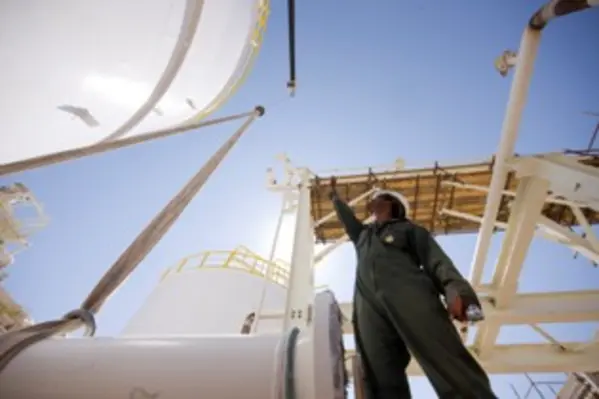A leading Middle East-based downstream industry association has called on the region’s petrochemicals producers to create more employment opportunities for citizens of Gulf countries
According to Gulf Petrochemicals & Chemicals Association (GPCA) secretary general, Dr Abdulwahab Al-Sadoun, more than seven million jobs have been created in the Gulf over the last decade, with only two million of these roles taken up by the local workforce.
“The Gulf economies are generating employment, but not enough opportunities are going to the local workforce,” said Al-Sadoun. “This shortfall indicates a worrying skills gap and the need for a more effective strategy to align economic growth with the needs of our local population.
“The oil and gas industry's movement downstream is a source of job creation for Gulf citizens, but school-leavers and graduates entering the workforce need the right competencies and guidance in order to take full advantage of the opportunities presented by a growing sector,” he noted.
“With significant investment earmarked for petrochemical projects in the Gulf, there is a critical need for skilled talent.”
Al-Sadoun made his comments ahead of the GPCA Human Capital Conference, which will take place in
“Rapidly evolving technology, industry globalisation and the growing scale of the Gulf petrochemicals sector are increasing the demands on leadership, in terms of both operational strategy and team management,” he remarked.
Al-Sadoun argued that demographic pressure had made downstream development a “prerequisite in the Gulf” and cited IMF and UN statistics that demonstrated the growing percentage of young adults making up populations in Arab countries.
The head of the GPCA called for greater collaboration between government and industry stakeholders in order to improve access to and investment in higher education and vocational training.
“Ensuring a steady flow of talent into the workforce is critical for long-term sustainable growth, as is providing a diverse skills pool of engineers, technicians, managers and support staff,” Al-Sadoun added.







